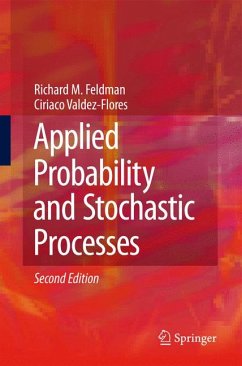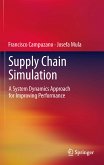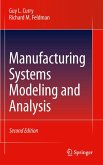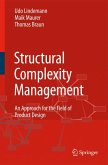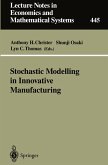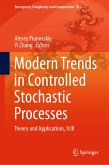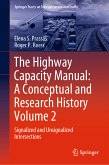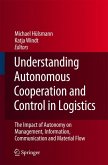Included in the second edition are appendices at the end of several chapters giving suggestions for the use of Excel in solving the problems of the chapter. Also new in this edition are an introductory chapter on statistics and a chapter on Poisson processes that includes some techniques used in risk assessment. The old chapter on queues has been expanded and broken into two new chapters: one for simple queuing processes and one for queuing networks. Support is provided through the web site http://apsp.tamu.edu where students will have the answers to odd numbered problems and instructors will have access to full solutions and Excel files for homework.
Dieser Download kann aus rechtlichen Gründen nur mit Rechnungsadresse in A, B, BG, CY, CZ, D, DK, EW, E, FIN, F, GR, HR, H, IRL, I, LT, L, LR, M, NL, PL, P, R, S, SLO, SK ausgeliefert werden.
5.0 out of 5 stars It's worth at least six stars!, February 19, 2000
By Lisa Ann Ball (Seattle, WA United States) - See all my reviews
I randomly ran across this book in my math library trying to find an extra book to help with the difficult Stochastics Process class I was taking. Little did I know I would find a book I value as much as Douglas Kelly's Introduction to Probability. This book has applied problems and examples! It is not the dry, endless pages of confusing equations we have come to expect from Stochastics Processes books. There is something better out there! This book saved me as an undergraduate, and am now looking forward to it living up to my God like expectations as a post grad. If you are a professor, please use this book for you students. It ties together and lets you appreciate many fields such as linear analysis and even graph theory from computer science. This book will not disappoint.
5.0 out of 5 stars Best introductory book, February 22, 2001
By Brad (Austin, TX USA) - See all my reviews
Extremely clear, and easy to understand. It is the best introductory book on stochastic processes for non-mathematics major. After you read this book (one month is enough, how amazing it is!), it becomes easier to read "the first course in stochastic processes". The book focuses on the concept and intuition, instead of proof, and I find it is extremely useful for me -- CS major.
Strong recommend this great book
5.0 out of 5 stars Good book! , August 13, 2007
By Yuan J. Son (sunnyvale, CA) - See all my reviews
A lot of examples, easy to read. A lot of stochastic and queuing books are usually full of notations and theorems, thus hard to understand. However, the author of this book presented the materials in a way that we can actually understand the stochastic processes. If you want to learn queuing and do not have much background, this is the book!!!!

